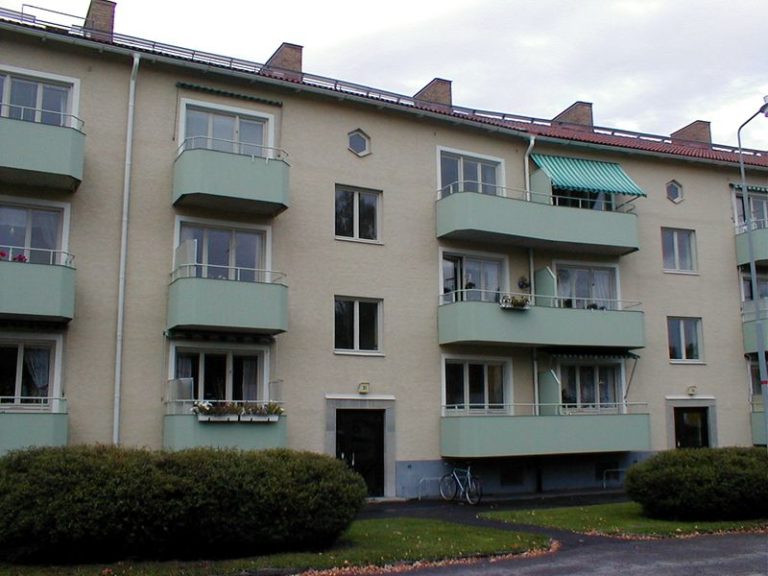
When a person decides to rent a house or an apartment in New Jersey, there are laws in place to protect them from abuse by their landlord. New Jersey’s Anti-Eviction Act protects renters from having to pay unreasonably high rent increases in some situations. Unconscionable, or unreasonable rent increases are illegal in New Jersey. Renters are allowed to refuse to pay the rent increase that their landlord is trying to impose on them. The court will have to determine whether or not the increases are unconscionable.
You may be able to refuse to pay higher rates even if it is only small increases in rent. If there are multiple small increases in rent over a short period of time, it may be considered unconscionable. Small increases may also be considered unconscionable if the landlord has raised the cost of rent but still doesn’t make any repairs to the building if it is in poor condition. Rent increases of upwards of twenty percent without a valid reason to raise the rate may also be considered unconscionable.
If you refuse to pay the rent increase, your landlord may try to take you to court. The landlord will be subject to the burden of proof to show that the rent increase is fair. If the judge determines that the rent increase is fair, you will be held liable for paying the increased rate. If the landlord claims they are raising rent prices because they needed to make repairs to the building that allow it to meet health or housing codes, this will not make the increase fair. Landlords are not permitted to charge tenants for any repairs that make the building compliant with health or housing codes.
If you have questions about the legalities of your rent increase, contact our firm today.
The law firm of Mattleman, Weinroth & Miller, P.C., is composed of experienced attorneys throughout the states of New Jersey and Delaware. Please contact the office for a free initial consultation and get any questions answered regarding your specific case.

